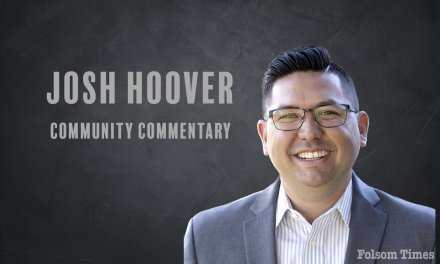As a family law attorney and certified specialist, I’ve worked with hundreds of parents navigating the complexities of shared custody—and one thing is clear: Back-to-school season often brings fresh challenges, especially for co-parents. Between shifting school schedules, extracurricular activities, and growing teen independence, August is a crucial time for reviewing custody agreements and ensuring your parenting plan still supports your child’s evolving needs.
Through myTalk to Tiffanyapproach, I help parents anticipate these transitions and plan proactively so they can reduce conflict, maintain structure, and most importantly, support their children’s well-being throughout the school year.
Resetting the Schedule: With summer winding down, many families face new school start times, sports practices, and academic commitments. Now is the perfect time to review and revise your custody schedule. Are pickup and drop-off times realistic? Are weekend exchanges still feasible with new extra-curriculars in the mix?
Flexibility and proactive planning are key. I encourage parents to communicate early and often—ideally before the school year begins. This gives everyone a chance to make adjustments with less pressure and more cooperation.
Sharing School Information and Responsibilities: Tne common issue I see involves access to school-related information. If you share legal custody, both parents are entitled to report cards, school portals, teacher communication, and even participation in parent-teacher conferences.
If one parent is the primary contact, it’s important to loop the other in. Schools don’t always know to send duplicate emails or copies of forms unless requested. Co-parenting tools like OurFamilyWizard and TalkingParents can be great for keeping everything centralized.
Planning Around Activities and Transportation:Whether it’s soccer, science club, or part-time jobs for teens, extra-curriculars can complicate custody arrangements. Who pays for uniforms? Who’s driving to practices? These questions can lead to tension unless they’re addressed ahead of time and, when needed, outlined in your parenting plan.
Documenting these expectations—even informally—goes a long way in preventing confusion or resentment.
Encouraging Teen Independence With Boundaries: As children grow, so do their needs—and their desire for independence. For teens, this might mean spending more time with friends, working part-time, or learning to drive. Parents may need to adjust schedules and rules to reflect their teen’s growing autonomy.
Still, consistency matters. Even as teens gain freedom, they benefit from structure and knowing both parents are aligned on key expectations. When teens see their parents working together respectfully, it gives them the emotional security they need to thrive.
A Legal Check-In for the School Year: Back-to-school season is more than school supplies and new shoes—it’s a moment to realign as a family. For co-parents, this means taking a thoughtful look at custody agreements and making sure they still serve the best interests of the child.
Whether it’s modifying a visitation schedule, renegotiating extracurricular responsibilities, or planning for a teen’s transition to adulthood, I encourage families to use this season as a fresh start.
With a little legal clarity and open communication, the school year can begin on a strong and supported note—for kids and parents alike.
Tiffany L. Andrews is a family law attorney serving Northern California. She specializes in custody, divorce, and child support cases, offering dedicated legal support for families navigating significant transitions. For more information or to schedule a consultation, visitwww.tlalawoffice.comor call 916-790-8440. Tiffany Andrews is a regular contributor and supporting advertiser to Folsom Times.




